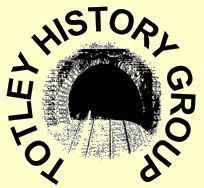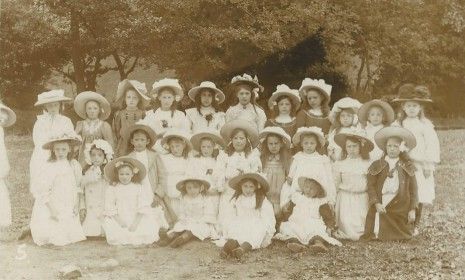Page 1.
[Elfrida].
Father, father - why for many days gone by
Does thou carry thyself with care and sadness
Hide not aught that brings thee sorrow
From the daughter who is dear to thee -
Cenlac.
Daughter, these are heavy times
Thou knowest well how troublous is our life,
How insecure our hold on these possessions
How robbery and usurpation,
Run riot in our land.
How since the days of good King Oswy
Now nigh 200 years -
Sedition and usurpation have gone hand in hand
And our poor country - our beloved north land
This land of moor and hills
And winter storms and snows
Lies bleeding under many wounds
Scourged by pestilence and famine
Our people die and are swept away
Enter Serf














